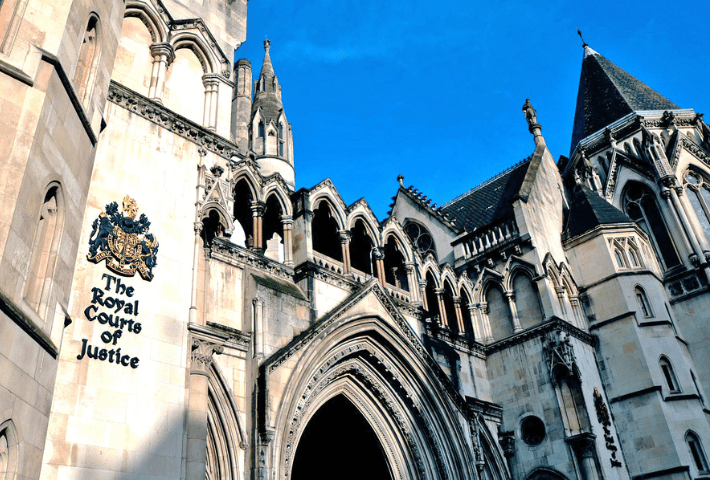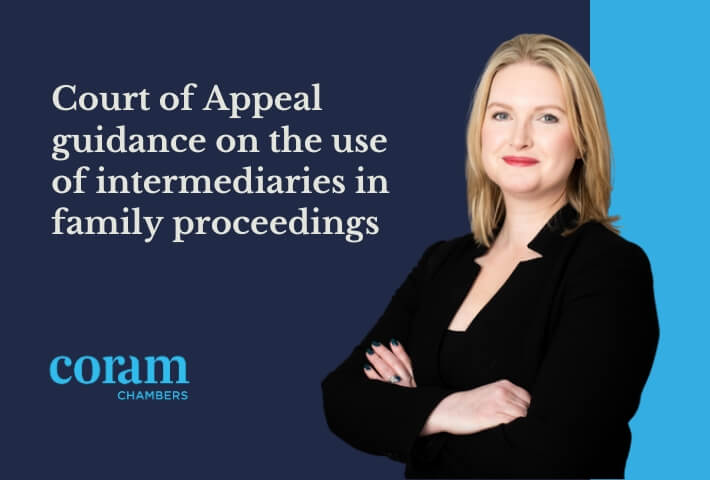
Image by Steve Brown from Pixabay
Alex Laing, barrister at Coram Chambers, is instructed in a pivotal family law case that has captured the attention of major news outlets today, including The Guardian, The Independent, and The Standard.
This significant hearing, held before the President of the Family Division and HHJ Roberts, revolves around the legitimacy of divorce orders for 158 respondents, many of whom now face the unsettling prospect of remaining legally married due to a procedural oversight.
The case draws upon the complex nuances of the Matrimonial Causes Act 1973, specifically its stipulation regarding the “year-and-a-day” provision.
The court faces a critical question: Are the divorce applications submitted—some directly by respondents and others through solicitors—rendered void by a computer error that approved them too soon?
Alternatively, do these divorces hold the status of “voidable,” granting the court judicial discretion to uphold them?
Alex Laing, representing the Lord Chancellor in this sensitive matter, is the sole family counsel in a legal team led by Sir James Eadie KC from Blackstone Chambers and Sarah Hannett KC from Matrix Chambers.
Given the case’s implications, the hearing proceeded in public, attracting media representatives eager to cover the unfolding legal drama. As highlighted in The Guardian’s report, the online system that processes divorce applications incorrectly approved 79 divorces after submissions were made one day too early.
With the possibility of declaring these divorces void, serious ramifications could arise for individuals who have since remarried or started new families, raising concerns about their legal status and well-being.
Sir James Eadie KC stressed the gravity of potentially reversing these divorce orders, warning that it could leave numerous individuals—who believed themselves divorced—as still legally linked to their ex-partners.
Judgment in this case has been reserved and will be delivered in writing soon, with the court taking steps to bring an end to uncertainty for the affected respondents as soon as practicable.
As this case develops, it underscores the critical intersection of technology and family law, and the potential consequences that arise from administrative errors within the legal system.
To read the initial newspaper reports, please visit The Guardian, The Independent, and The Standard.


